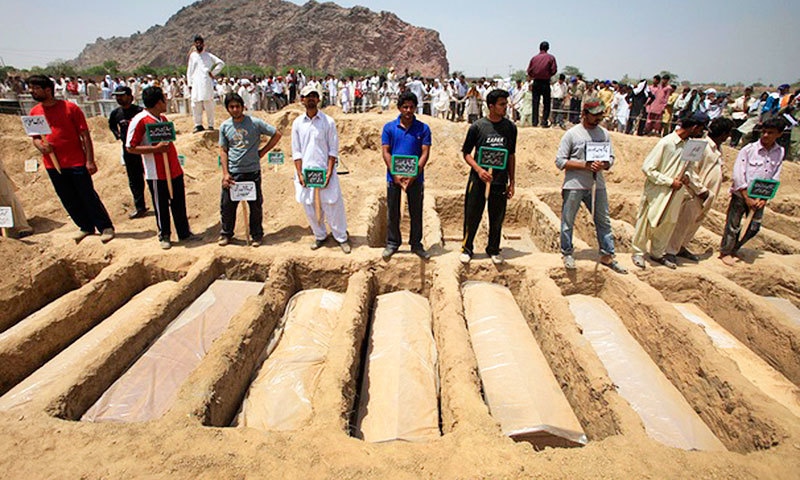A small girl who I will call Hina, sits perched on a stool, in the one corner of the living room untouched by the light streaming in from a procession of windows. Everything else is astir; rattling like an incongruous soundtrack to her solitude.
She is the most arresting seven-year-old I have ever seen. Even in the shadows, her face glows with the faint brilliance of a candle on its final flicker.
I call to her and she approaches me with the gentle quietness that attends her every movement. Following a muffled exchange of hellos we stumble into a conversational impasse and her grandmother laughs at the sight of our awkwardness.
Thankfully a scrap of paper comes into view like a floating bridge, ready to span the distance of age and discrepancy that separates us.
With my limited origami skills I set out to make a rather frayed and droopy paper tulip. It is a sorry looking thing, but it helps us connect and she graciously accepts my offering before disappearing behind a curtain.
I feel wretched in her absence – nothing I can do can erase the many traumas she has seen, for Hina is a living ghost, a forgotten remnant of the 2010 Lahore massacre on two Ahmadi places of worship which occurred just over five years ago.
Also read: Ahmadis, seared to the wall
Her father was among those who were slain – slaughtered along with 87 others for belonging to the wrong faith – in what remains the worst terrorist attack to have taken place in Pakistan’s second largest city.
The intruders, aged between 17 and 30 stormed the places of worship just after one o’clock as the Friday prayer was underway. Armed with guns, suicide vests and grenades they carried out the operation with remorseless precision, killing as many people as they could. Those who survived did so by sheer good fortune.
What ought to be an indelible national tragedy can barely make claim to being a footnote in the collective conscience of the country.
In Lahore itself, the only concession to the atrocity is the war-like fortifications which now guard the two places of worship where the attack took place. Even these are manned by volunteers, protecting their own because no one else wants to.
Silence prevails over reflection. The lonely ordeal of re-imagining the forgotten is left to the bereaved.
Another daughter tearfully recalls the loss of her own father. A broad, kind-looking man known for his charity. She was 16 when he was killed, and for her at least, the memories of his life are well captured and raw – the wound of his departure will never heal.
So many other lives were destroyed at a stroke; children, parents siblings and friends. There was the single father who buried two sons after they fell to the terrorist’s bullet in Ghari Shahu, the mother who spoke to her boy on the phone just before he died and the young wife who lost her husband only six months after giving birth to their first child.
Also read: My daughter and Kainat
Thinking back now to the surreal events of that fateful day, it seems almost impossible – the numbness and horror of the massacre playing out on live TV, the endless shrill of desperate phone calls, the rush to hospitals across the city to donate blood for the injured and the mournful frenzy with which the dead were laid to an untimely rest.
But more incomprehensible is how nothing really changed.
Within days ordinary service was resumed and Ahmadis were forced to return to their isolation. The violence may have been over but the ideology persisted. With chilling seamlessness the events of 28 May, 2010 were cut away from history.
Also read: Tracing hate
But history is a more persistent beast and the spirits that ought to have been exorcised on that day continue to haunt the country and in the years since numerous more innocent lives have been cruelly snatched away by the fire of sectarian enmity. Recent attacks in Shikarpur, Youhanabad and Safoora Chowk are sufficient to show that lessons have not been learnt.
The clearest revelation of Lahore was its exposure of the dark heart of Pakistan, a country that cannot reconcile itself to its core existential identity sufficiently enough to loosen the shackles of hate.
The sad part is that maybe it never will.
Such a damning realisation is a difficult thing to confront and so the thought if it is made to vanish just as the victims of its contempt are made to disappear.
Also read: Ahmadis on the run: Fearing death in People's Colony
Hina is back. “The flower you gave me,” she says, “I put it in my papa’s old room.”
I force myself to smile though there is nothing of its upward arc which is true.
It is not for me to show my pain in front of her even as I well up in anguish. We sit again in silence this time as friends rather than clumsy new acquaintances.
For those few moments, everything is at peace.
The world could probably do with more paper flowers, I think to myself, while knowing from sad experience that it is likely to see many more Hinas instead.














































